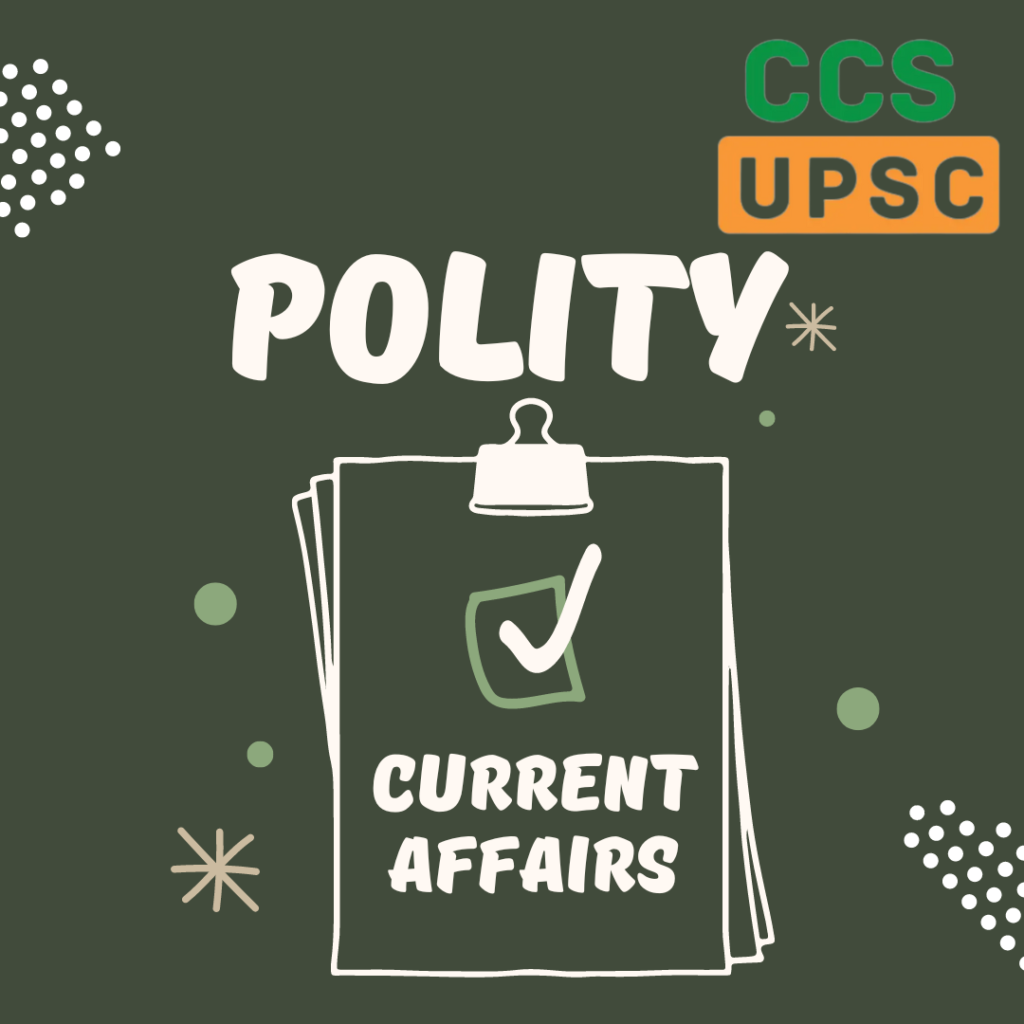Context:
∙ The Draft Broadcasting Services (Regulation) Bill, 2023 introduced by the Ministry of Information and Broadcasting broadens regulation to cover OTT platforms and digital content.
Draft Bill of 2023 and OTT Platforms:
∙ The Bill expands regulatory oversight to include OTT Platforms and Digital Content, by proposing mandatory registration, content evaluation committees for self-regulation, and a three-tier regulatory system.
∙ Mandatory Registration: No person or broadcasting company can provide services or run a network without formal registration or intimation to the government, with the exception of a few authorised bodies.
∙ Similar provisions apply to terrestrial and radio broadcasting networks.
∙ Broadcasting: The Bill expands the purview of broadcasting rules to networks that use the internet to broadcast services and programmes, such as Internet Protocol Television (IPTV) and OTT broadcasting services (classified as broadcasting network operators in the draft) if they have the required number of subscribers or viewers.
∙ These Codes will apply to individuals and organisations that operate as a ‘systematic business’ or ‘professional’ entity.
∙ Digital copies of newspapers and publishers of commercial newspapers, however, will be exempted.
∙ The Draft Bill proposed to set up ‘Content Evaluation Committees (CEC)’ for self-regulation and ‘Broadcast Advisory Council’ to advise the central government on programme code and advertisement code violations.
∙ Content Quality and Accessibility: Any programme or advertisement broadcasted through TV, radio, or other broadcasting services must adhere to the Programme Code and Advertisement Code (however, these codes are not defined yet).
∙ Self Regulation: Every broadcaster or broadcasting network operator must establish a CEC with members from various social groups, including women, child welfare, Scheduled Castes, Scheduled Tribes, and minorities.
∙ Broadcasters will be allowed to air only those programmes certified by the CEC, except for specific shows exempted by the government.
∙ Provision for inspection, seizure of equipment: The Bill allows inspections by the government without prior notice.
∙ Operators must facilitate monitoring at their own cost and can face equipment seizure if violations are suspected. Companies are liable unless they prove a lack of knowledge or due diligence.
∙ Concern over ‘Authorised Officer’: An ‘Authorised Officer’ working under the government’s directions could be influenced by political as well as personal influence.
∙ Selective Targeting: It has also been alleged that the rules will be more misused than for real regulation.
∙ There are instances when the government tried to curb certain anti-government agendas while ignoring populist fake news.
Challenges & Criticisms:
∙ Application of same rules for different media: ‘OTT’ broadcasting services subscribers, viewers retain the autonomy to not consume a programme if they wish to do so.
∙ It is a direct contradiction to the nature of cable TV or radio services, wherein consumers cannot choose to stop the airing of a programme (even if they may be able to switch channels).
∙ Promoting linear representation: The draft bill could amplify the erasure or the selective representation of Indian minority communities from the


